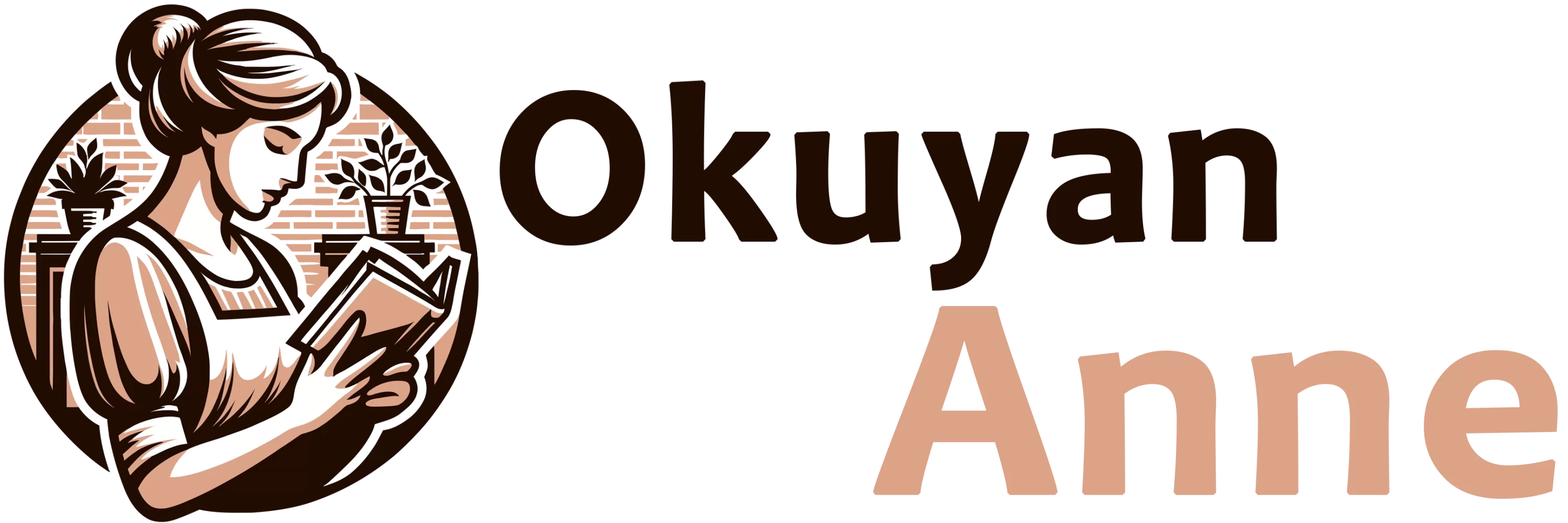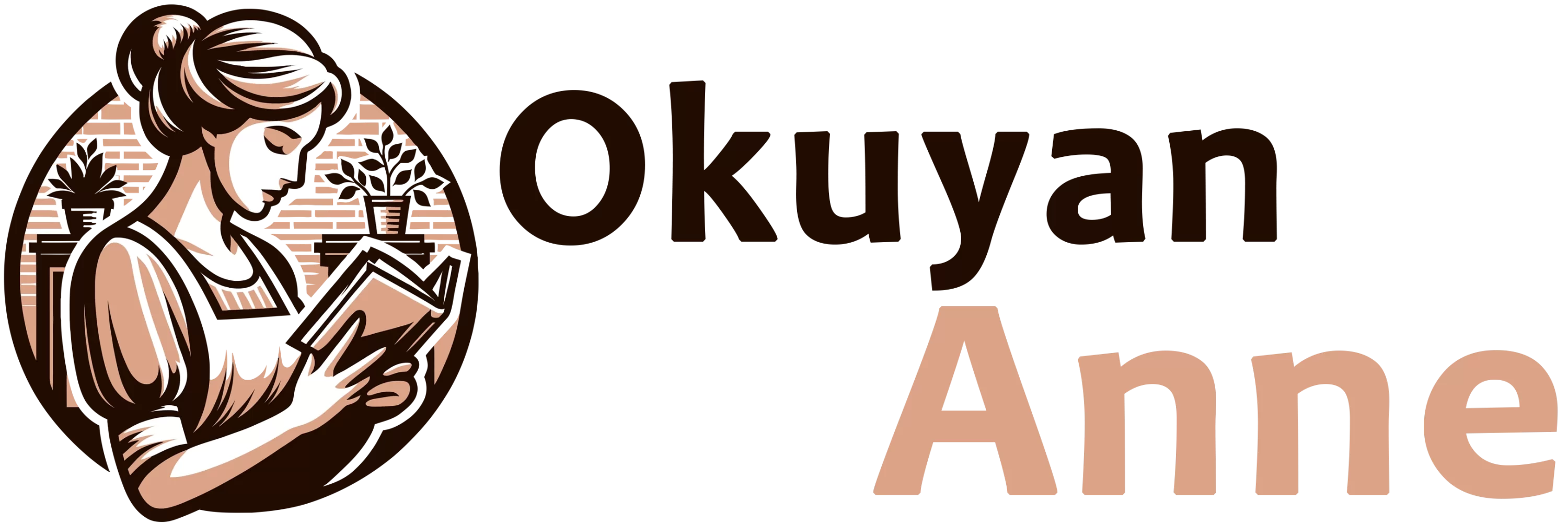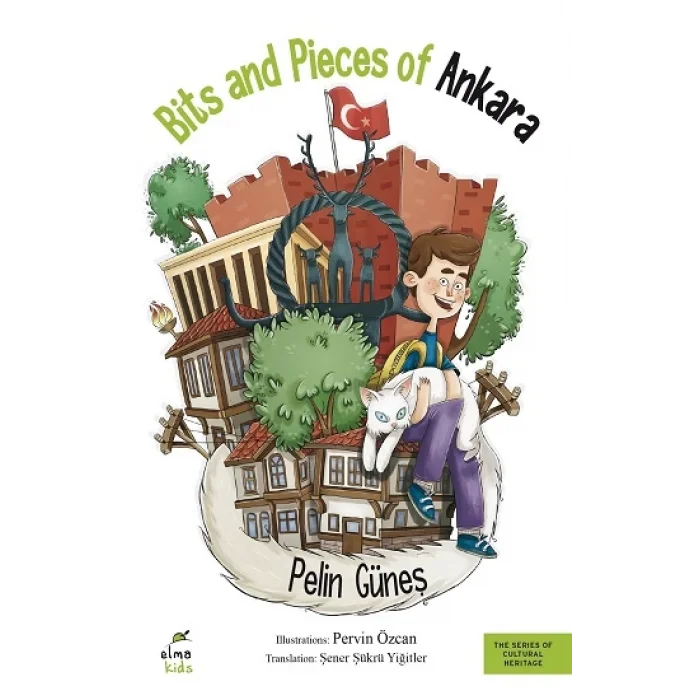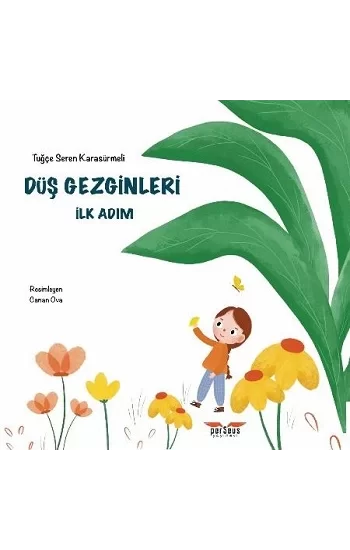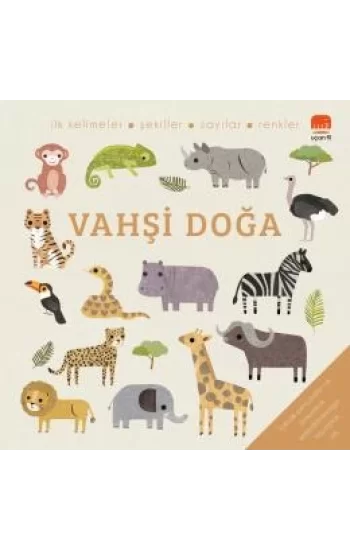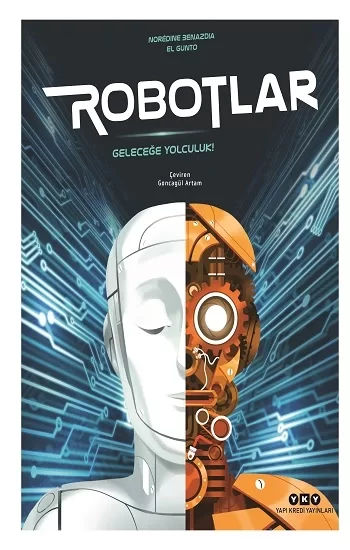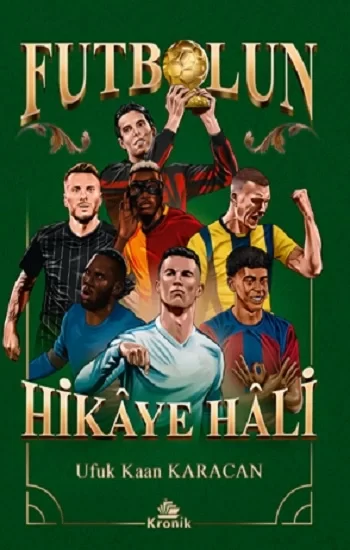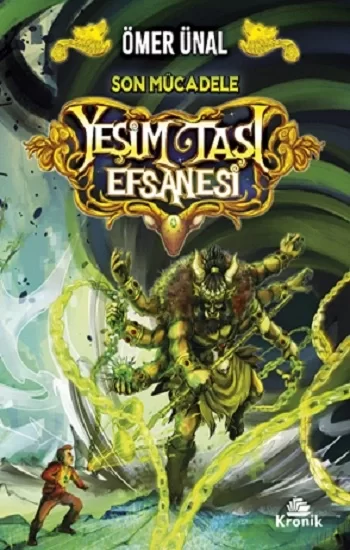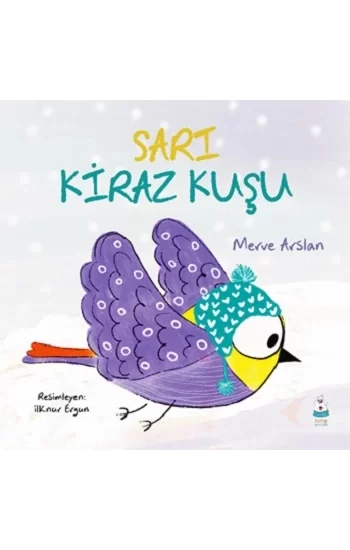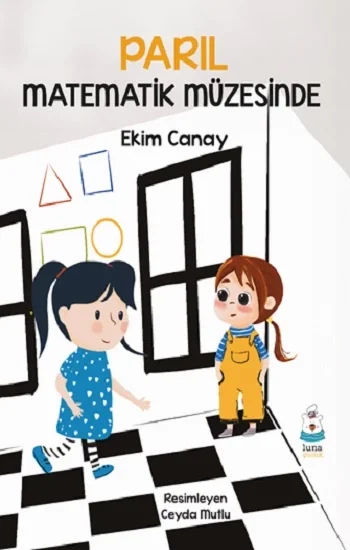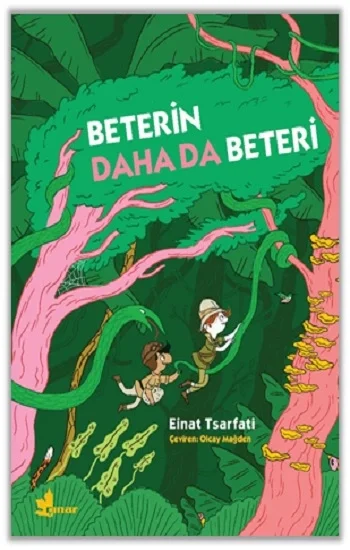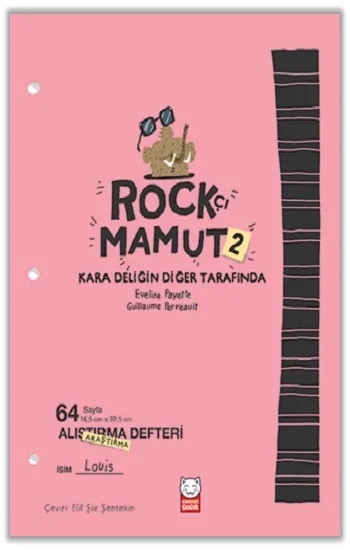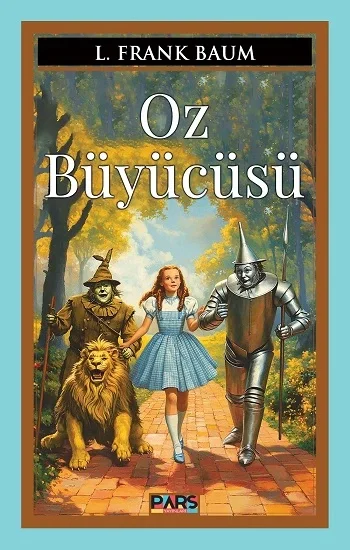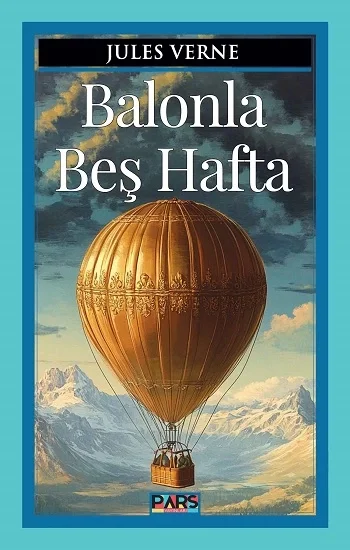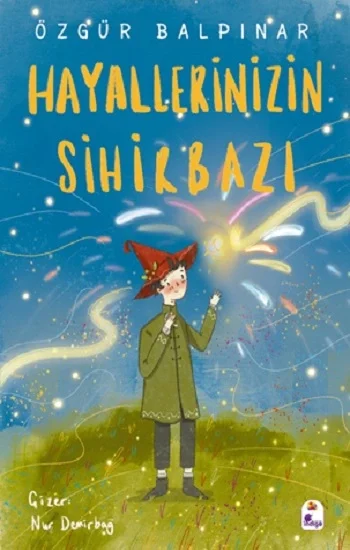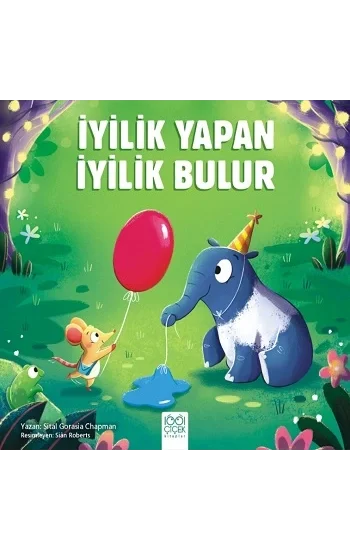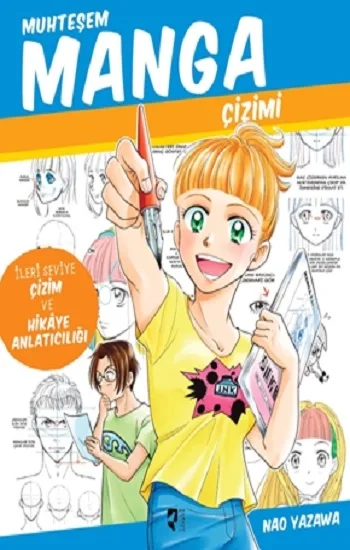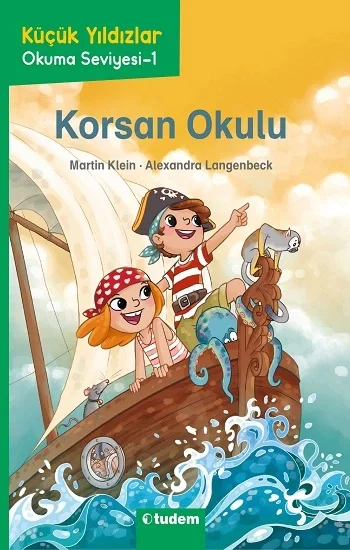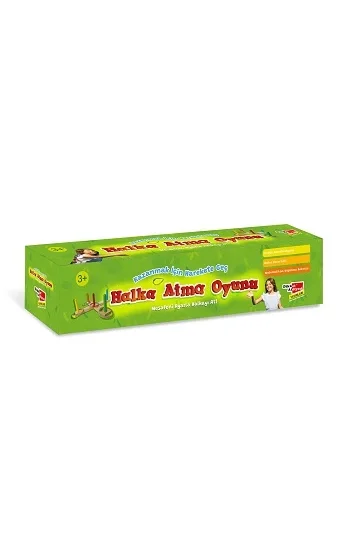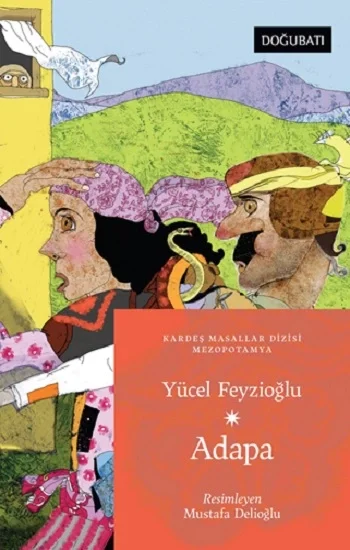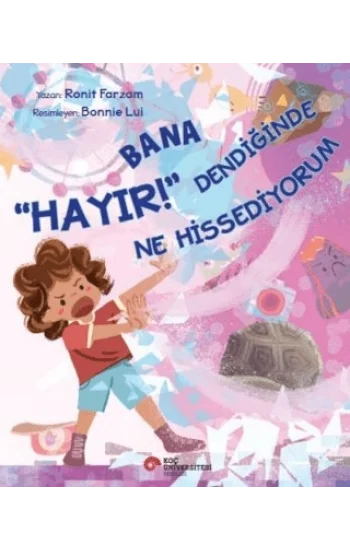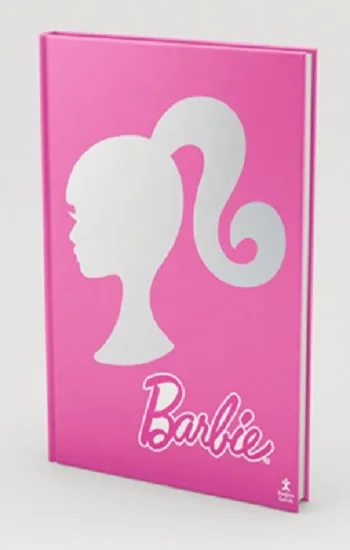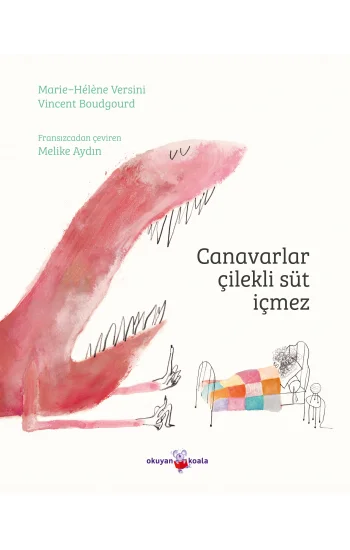The Series of Cultural Heritage takes a breath in Ankara with its third book. This time we are going through the worldly-wise city Ankara, the capital of our country which has hosted many Anatolian civilizations. We are getting on our bikes to travel through Ankara, introduced to us by Pelin Güneş with her humorous language. With its unforgettable taste, historical structures and civilizations… *** Ali and his family move to one of the old neighbourhoods of Ankara. At first Ali can no way get used to here; however, in time he begins to enjoy this new life that began in a three-storey house with a yard on one of the narrow streets of Kaleiçi. Here is an extraordinary district of Ankara where you can experience the life in a neighbourhood with its historical fortress walls, small craft stores, coffee houses, antiques and even many museums. Ali is now the prince of Ankara Fortress with his grey bicycle and the old streets of the city are all under his command. Then suddenly he comes up with an idea. He decides to establish a business with his friends in his new neighbourhood. However, first they need to mingle with the aged city Ankara, listen to it and search for its chests a bit. Theme: Where we are in place and time Concepts and Key Words: INDIVIDUAL AND SOCIETY, friendship, TIME AND SPACE, research, observation, discovery, cultural heritage, city planning, COMMUNICATION, entrepreneurship, OUR NATIONAL CULTURE, museum, personal heritage Attitudes and Values: Appreciating the value, cooperation, being eager, curiosity, trust, self-control, respect, love, responsibility Profile Features: Inquirer, caring, reflective KİTAPTAN “Where did this move in mid-December come from?” my father grumbled along the way. The location of our new house that my mother found made neither my father nor me happy. The narrow streets, the shabby, neglected houses we passed, made my father even more angry, he was persistently trying to dissuade my mother: “Look darling, I understand you, you are trying to do your best for this place. That’s your job, okay, I agree with that, but we don’t have to live here, do we?” “How many times have we talked, Orhan... If I want to do this project right, I have to live here. I have to experience the life here with all its problems, sorrows and joys.” I’ve been listening to similar things for months. I am eleven years old. I have been living in the same city since I was born, but I had never been to this part of Ankara before. When I looked around and asked my mother, “What’s the name of this village, mom?”, my mother’s strange turned first to me and then to my father. Shaking her head, she said, “You see, the child we raised thinks that the heart of the city he lives in is a distant village. Should we go like this?” My father shrugged indifferently: “He has a lot of time ahead of him, he’ll learn when he gets older.” My mother would not be convinced: “This project will only take two years, I’ve said it a thousand times. During this time, I have to live here and follow the project. When it’s over, I’m sure you’ll want to stay here. Let’s not argue anymore, the boy is also cold,” she said, tugging the scarf around my neck up to my nose once again. *** “Don’t you wonder who lived in the city we live in and what they did?” “The Hittites, Phrygians, Sumerians etc… I saw the war tools in the museum today. Then there were some household appliances, clay tablets, murals; the girls loved the jewellery. Whim-wham things.” My father giggled at my “whim-wham” word. After the newspaper, of course. “The Anatolian Civilizations Museum only exists in Ankara, you know. Artefacts belonging to civilizations that lived in that region are also exhibited in museums in other cities. Gaziantep, Hatay and Antalya museums are very rich in this respect. Of course, not only museums, but also castles, bridges, buildings and even streets from centuries ago tell the history of the city.” “What else is there in Ankara?” I said. “You say.” I thought and thought, I couldn’t find much. “Atakule, Parliament, Anıtkabir, errr…” “They are today’s buildings, there are many older ones as well. All of them give us information about the history of the city. Ankara is a very special city. The Republic was founded here; Ankara became the model city of the new country. There are many reasons why it was chosen as the capital city. One of them is that it has hosted seventeen civilizations until today. Unfortunately, very little remains of them today. The artefacts that have survived until today are mostly those made in the first period of the republic. For example, the first parliament building is now the Museum of the War of Independence. State Painting and Sculpture Museum, Opera house, some bank buildings are from this period. There are inns, mansions, mosques and baths from the Seljuk period; you probably remember Çengel Inn and Pirinç Inn. You know the bronze statue called the Sun Course in Sıhhiye Square, right? It is a copied monument of a Hittite work. It is also one of the symbols of Ankara.”
